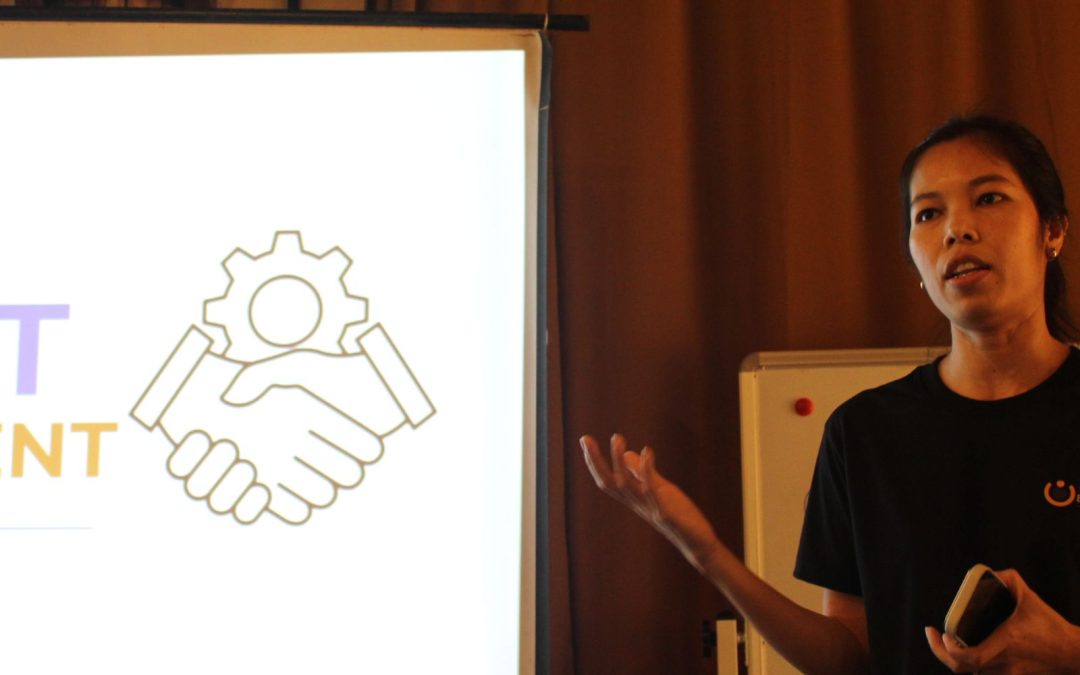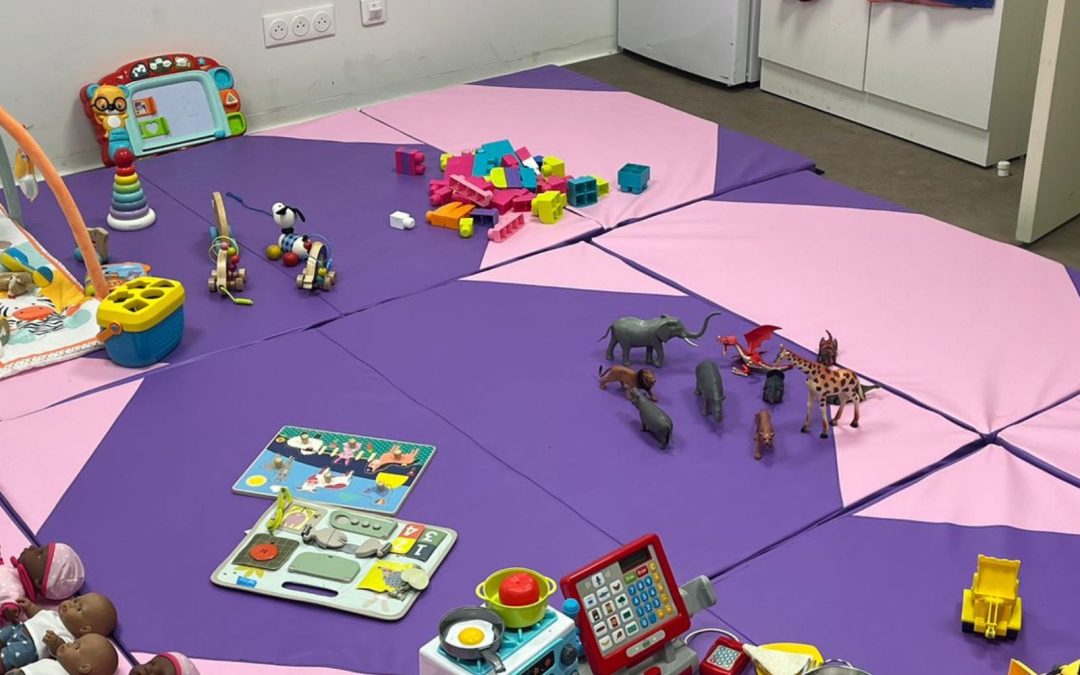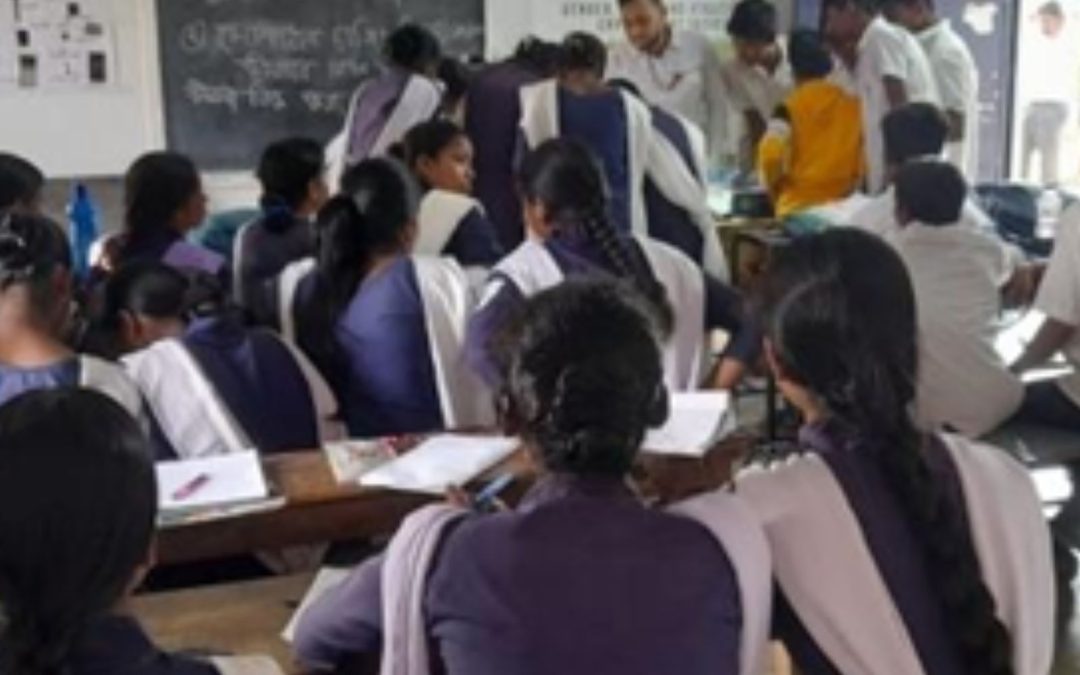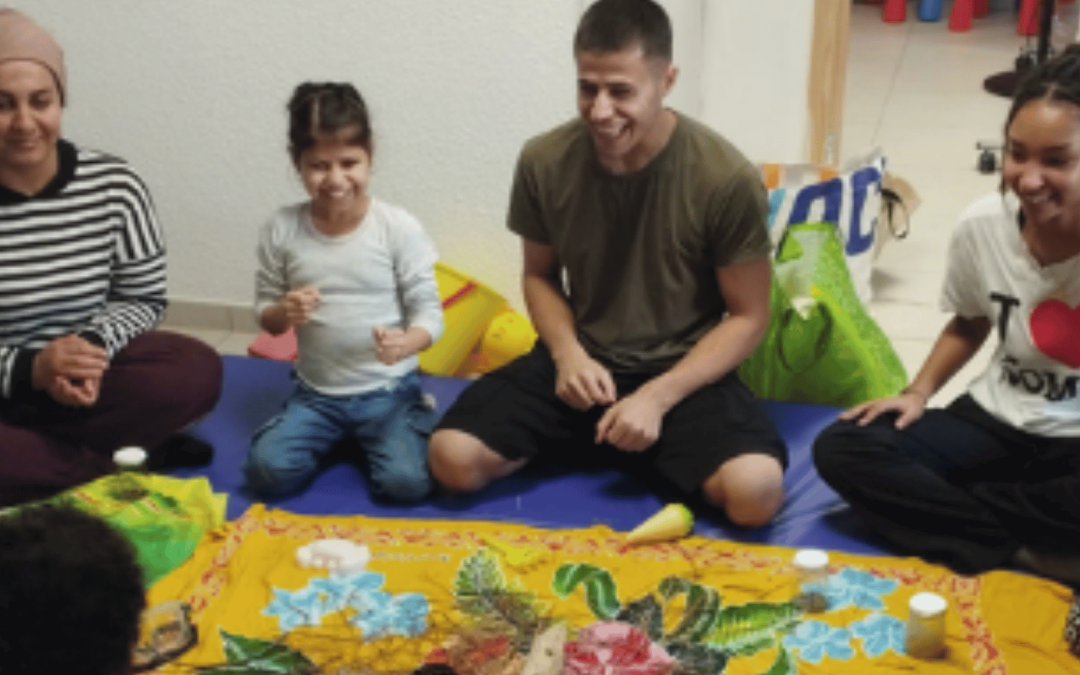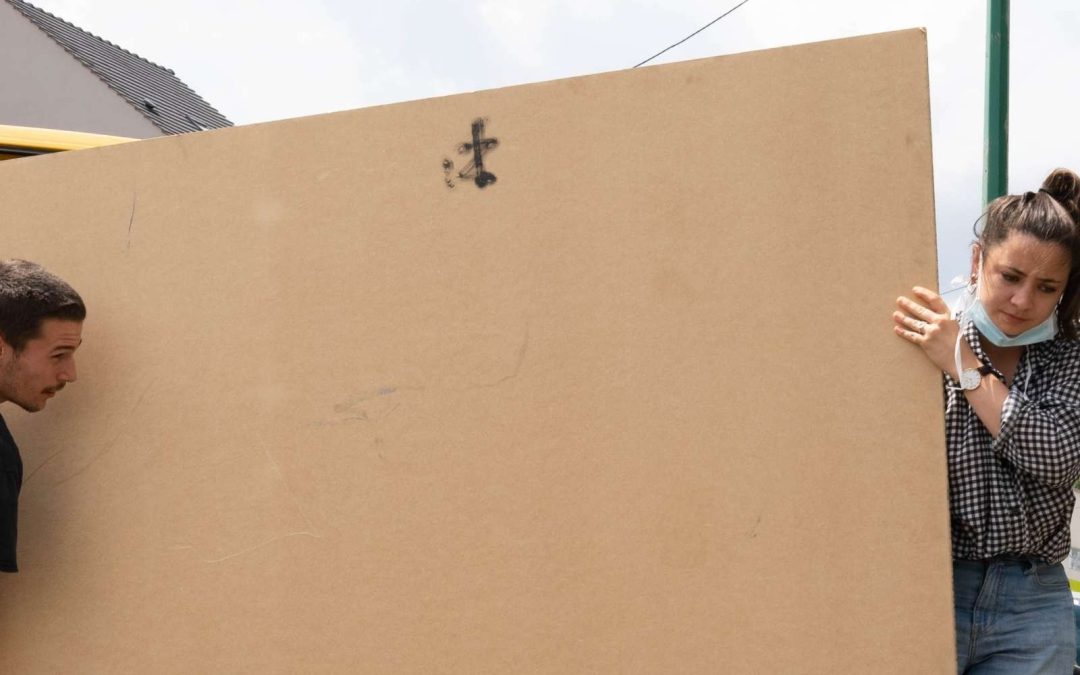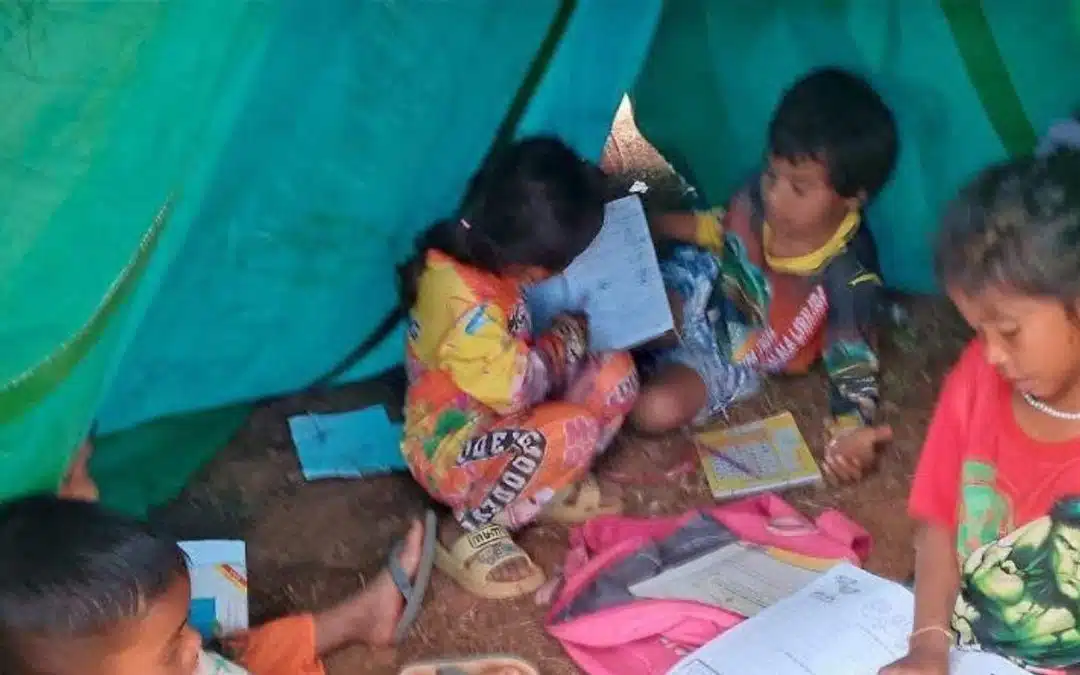By Nolwenn Deschard, Early Childhood Expert.
In France, a 2-year-old spends an average of 56 minutes in front of a screen every day. By the age of 3 and a half, the average has risen to 1 h 20/day.
Screens are becoming an ever-increasing part of our daily lives, all over the world. And in the face of overwhelmed parents, hypnotized children and unheeded professionals, France has finally taken a strong stance in July 2025: a ban on screens in facilities for children under 3.
This decision is in line with what the medical and scientific community has been recommending for years: No screens before age 3!
The scientific consensus today is clear: before the age of 3, screens have no positive effect on children's development. On the other hand, there are many negative effects, such as:
– sleep disorders caused by blue light, which inhibits the production of melatonin (sleep hormone),
– language delays Children learn to speak by hearing, imitating and interacting. Screens, even educational ones, make children passive. They can't really interact, ask questions, adjust their understanding or receive personalized answers. What's more, screen time often replaces key moments of interaction: symbolic games, conversations, reading. This can lead to a poorer vocabulary, reduced comprehension and delayed sentence formation.
– weight gain, diabetesbecause of increased physical inactivity (1 hour in front of a screen means 1 hour less playing, moving, jumping, running...).
- access to dangerous contents like pornography.
This is underlined by numerous studies on the subject, including the report of the expert commission "Enfants et écrans, A la recherche du temps perdu" (Children and Screens, In Search of Lost Time) submitted to the French President in April 2024. This commission, made up of a dozen multidisciplinary experts - neurologists, epidemiologists, professors of child development psychology and psychiatrists - was commissioned in January 2024 by Emmanuel Macron to assess the impact of young people's exposure to screens, and wanted to provide adults with "a form of guide" to good digital usage for children.
I've seen some very dangerous situations around screens
As an early childhood trainer with Planète Enfants & Développement and a trained educator of young children, I've often seen toddlers with cell phones in their hands while their parents or grandparents were chatting; or a child given a book and trying to "swipe" to turn the pages. And I've also observed some very dangerous situations. Children "guarded" by screens while their parents are at work or out running errands. A 2 and a half year old who, while surfing alone on her parents' phone, came across pornographic videos and reproduced gestures with another child without understanding the ins and outs....
A screen in the hands of a child under 3 is a time bomb. There's an urgent need to act!
At Planète Enfants & Développement, we've been taking this subject very seriously since 2020, because France isn't the only bad pupil when it comes to the use of screens for its children: whether in Cambodia, Vietnam or Togo, play and interaction have been replaced by screens.
In 2022, we organized a seminar bringing together our partners and local teams. Serge Tisseron, psychiatrist and emblematic figure on the subject of screens, answered our call to inform, raise awareness and train our colleagues.
This intervention marked the launch of activities in all our countries of intervention to raise awareness and train parents and professionals on the dangers of screens. With a clear message: no screens before age 3, and very limited use between ages 3 and 6.
In Togo and Burkina Faso, large-scale awareness campaigns for parents are currently underway. While dozens of parents were expected to attend, hundreds are actually turning out to listen to the strong messages and advice that the organizers are putting across. Which just goes to show that this is a subject that is very much on parents' minds.
In Vietnam and Nepal, parents and grandparents get together in the evenings to discuss the impact of screens on their children and grandchildren. Many are surprised to learn that screens have such a negative impact on their children's development. While I was attending a session in Vietnam, a grandmother took the floor and declared in a very determined way: "I will never again give my phone to my grandchildren, what you're saying there is very worrying and we should be able to tell all the parents and grandparents in the country. I'm going to go home and tell my daughter so that she knows and her little ones no longer have access to screens".
In Cambodia, our teams work in health centers to raise parents' awareness of their babies' first vaccinations. Health professionals have been trained in the impact of screens on development, and advise parents not to give their children their phones, especially in the waiting room. Parents then discreetly put their phones away and timidly try to interact with their children.
We welcome this French decree, which came into force on July 3, 2025 - banning screens in all childcare facilities. - and confirm our determination to continue informing and raising awareness among young and old alike, in order to protect our children from the negative impact of screens on their development.
Soon, you'll be able to find images and videos of our activities on our social networks and website, as well as testimonials from our teams in the field who lead, train and educate parents about the dangers of screens!

